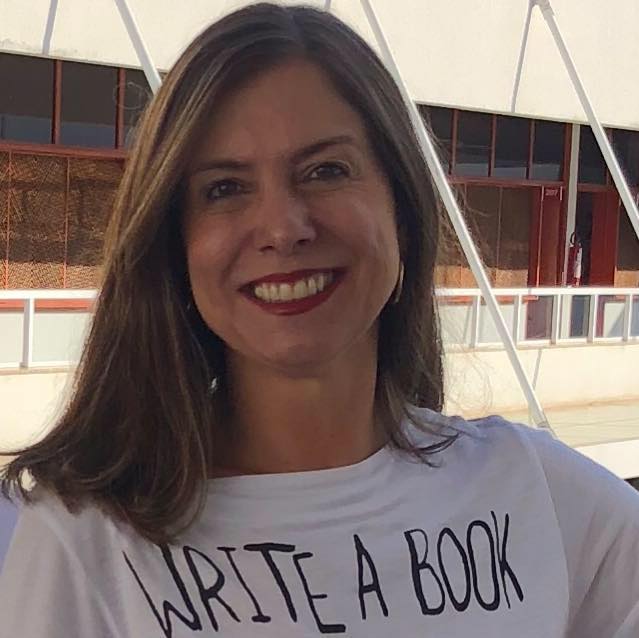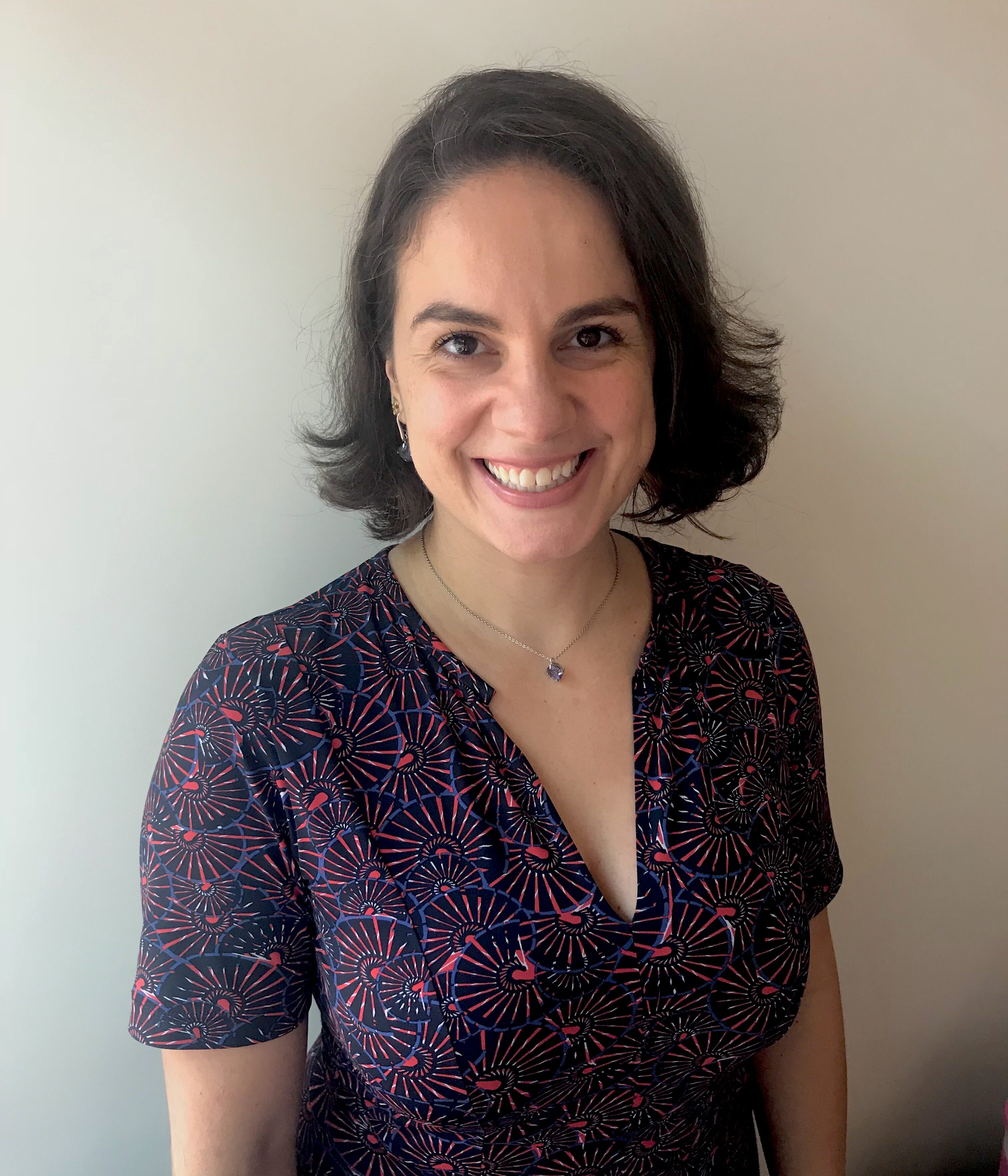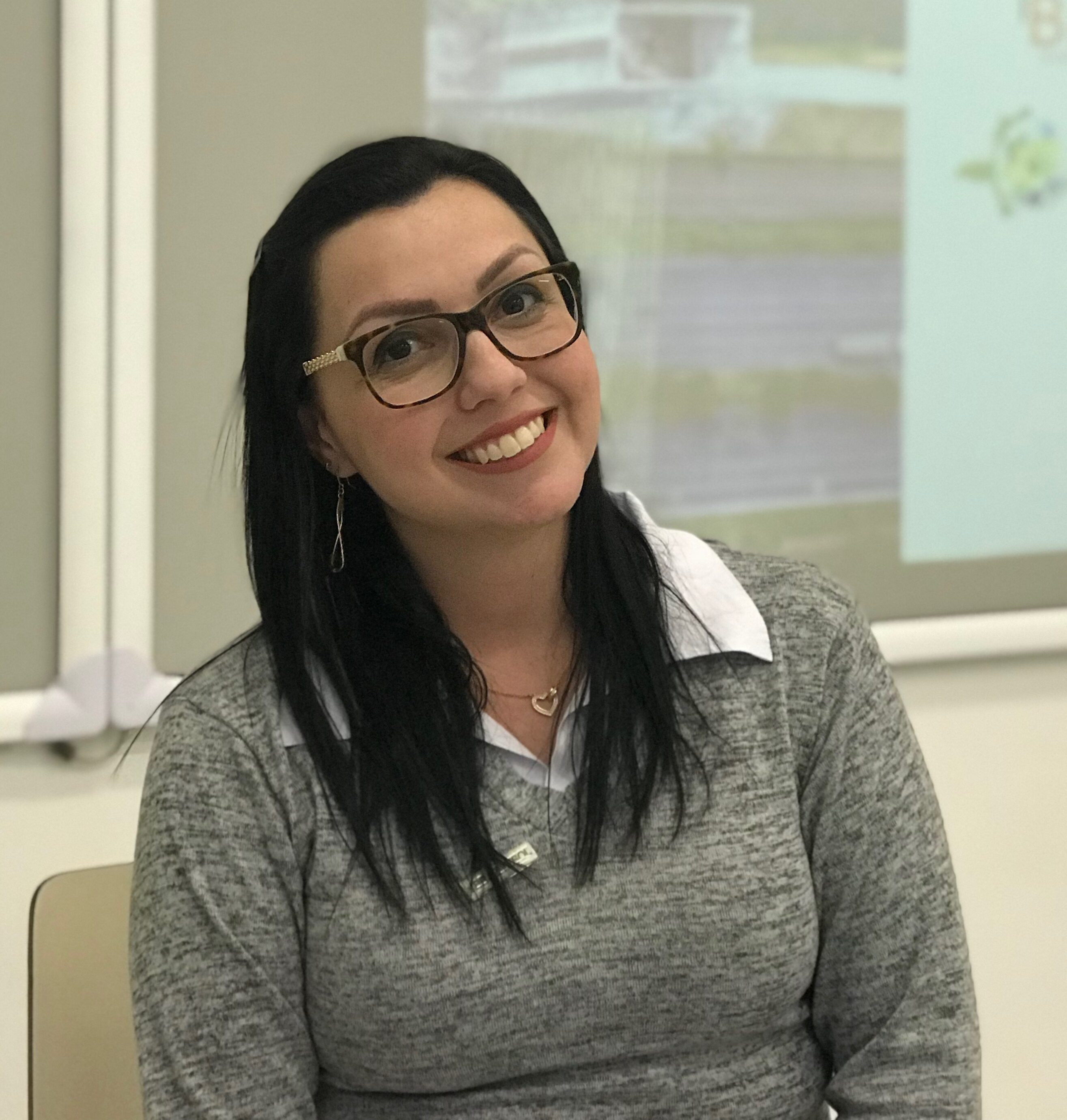My first guitar lessons and the power of vulnerability
Apart from my social and family life, which I totally cherish, I’ve dedicated the last thirty years of my life to professional and intellectual development. I have the highest degree that one can formally obtain – a doctorate degree. I have published blog posts, book chapters and articles. I have written two books – maybe not as many as I would have liked to but enough to make me proud, due to my busy professional life. I have presented in countless professional events, volunteered in teaching associations, etc., etc. It’s not that I am a workaholic or anything. I also have hobbies, such as binge-watching series, working out, and reading. However, I have always been ambitious and willing to reach higher and higher levels of professional development – a perfectionist, in a way.
This year, however, I decided to slow down a bit on my intellectual and professional development activities and start a new hobby, something that I had always wanted to do but had never had time to because I was busy staying relevant in my field. I needed to do something less intellectual and more artistic. Since I really love music and have always wanted either to sing or learn to play an instrument, I decided to learn how to play the guitar. I have never, ever in my life played any musical instruments or learned to read music notes, so I knew it would be a challenge for me. This was also one of my goals: to feel imperfect, to feel vulnerable. This comes from Brené Brown’s book The Power of Vulnerability, which you can learn more about by watching her wonderful TED Talk. I suffer from some of the problems that prevent people from having the courage to be imperfect. Besides engaging my mind and heart in something different, I needed to learn to embrace vulnerability in order to improve my personal and professional relationships.
And embrace vulnerability I did! This week I’ve completed my first month of guitar lessons. I can now roughly play “Happy Birthday to You”, “Asa Branca”, and “Silent Night” (Still working on this last one) by heart. However, it’s been a greater struggle than I had ever imagined. I have small hands and short fingers, so it’s hard for me to get the fingers right. Next thing I know, I’m using the wrong finger in the wrong fret (Yes, I had to look this word up because I have never talked about musical instruments in English!). I also want to learn fast and play fast, which, of course, doesn’t work, so I must practice and practice and practice, and when I make a mistake, start over. My instructor is very patient and keeps telling me that I need to be patient, breathe, I can’t be afraid of making mistakes, and it’s okay to start over and try as many times as necessary. He only allows me to move on to a new song when I am playing the current one correctly – not necessarily well or fast – and by heart, not looking at the diagrams. When he sees I’m anxious and feeling frustrated because I can’t get it right, he praises me, saying how far I’ve come and that it’s natural to go through this process.
This made me think of our beginners. It made me feel like someone who has never learned a foreign language or only learned the rules but not the language itself, struggling to make a complete and correct sentence, or engage in a simple conversation. We hear a lot that every foreign-language teacher should learn a third language so that they can put themselves in their students’ shoes, and I agree. I followed this advice in the beginning of my career and took French lessons for three years. However, I am a good language learner, so even though I went through the challenge of learning another language, I don’t think that I was as able to put myself in a “common” language learner’s shoes (common meaning not a language teacher) as I have been now, as a true-beginner guitar student.
You see, it’s sometimes very frustrating. I feel silly playing songs like “Happy Birthday to You”. I wanted to start with a song I like, just like our students want to start with “conversation” classes. Why should I, such an “intellectual”, play silly songs! It reminds me of our more highly-educated students who think they will talk about politics before they can even introduce themselves. I also feel dumb every time I have to look at the diagrams over and over again. I practice, and practice, and practice, but I always forget one note. It’s like our students feel when they have to look at the dialogue in the book to know what to say and, no matter how hard they try, they always forget a word. Not only that, I know I need to practice at home in order to progress, but I don’t always have the time to practice as much as I should. As a result, when I go to my next class, I have to take one step back before I take two steps forward. However, it won’t help me if my instructor scolds me for not having done my homework. And he doesn’t. He just says that he understands that it’s not always possible and that we’ll work hard in class to make up for it. I could go on and on with examples of how I relate my learning experience to our true beginners’.
What have I been learning about teaching from this experience? That what really matters in situations like mine is empathy. My instructor needs, above all, to show empathy. Learning something new is a struggle and we must understand that it is a struggle. We can’t take it for granted or expect from our students more than they are ready to deliver. Mastery learning is essential – repeat it again and again and again until they get it right. Don’t move on to the next activity before the student is confident about the current one, but don’t linger on the current one aiming at perfection. Be happy with good enough. And never, ever say that a student who is struggling with a new learning experience is a weak student because they are not achieving the desired outcomes as fast as we expect. I would hate to know that my guitar instructor thinks I am a weak student. He should think that I am a novice learner struggling with a new experience, that I have limitations, such as age and time, but that I can reach my goals if I try hard enough. Personalization is also the key. In my last lesson, while I was looking for a specific song in the booklet, I came across “Smoke on the Water”, and I said to my instructor that I would love to practice this song because I love rock and roll. What did he do? He changed his plan and allowed me to practice it rather than the song he had in mind. I felt valued and motivated.
What have I been learning as a person who has usually been a high achiever in everything? That I need to have the courage to be imperfect. I need to have the courage to play my silly “Happy Birthday Song” for everyone to see because that’s what I can do right now and, for me, it’s quite an achievement. As Brené Brown says, we can’t practice compassion with other people if we don’t treat ourselves kindly. We need to let ourselves be seen, vulnerably seen. Above all, we need to believe we’re enough.





